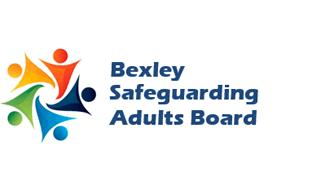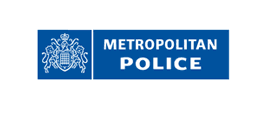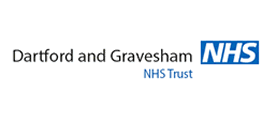Are you worried about someone?
If you are worried about an adult, please don't stay silent:
Ring: 0208 303 7777
Email:screeners@bexley.gov.uk where trained professionals will assist you with your concern.
Please ensure GDPR (data protection laws) are considered at all times when sending personal information.
or alternatively visit:
Bexley Domestic Abuse Services- www.bexleydomesticabuseservices.org.uk
What will happen next?
To help the team respond to concerns, it is important for them to know what as much as possible about the adult you are raising concerns about. If you are unsure, please ring the Contact Centre to discuss the matter further.
Note: you do not need consent to raise a concern.
- Once you have raised your concerns - You will be listened to and your concerns will be taken seriously.
- Your concerns will be looked into fully and fairly.
- You will be involved in decision-making and trained staff will work with you to stop the abuse and agree with you steps to protect you from further harm.
- You will get advice about the help and support available.
They will work on what is important to keep the person safe and what the person's wishes are.
There are times when they will need to share information with partner organisations to help improve safety and well being.
What is abuse?
Abuse is when someone causes us unwanted harm or stress. It can take many forms, from shouting too much to causing physical pain in your body or mind. It can happen anywhere - at home or other's people's homes, work, college, transportation, hospital, day centre or any other public place.
Often people who do the harm are taking advantage of a special relationship. They may be a family member, friend or even someone paid to help you (carer) - all people we are expected to trust. Sometimes though is it not on purpose, but happens because someone does not have the support or know where to go to get help.
Types of abuse:
- Physical abuse
- Domestic violence or abuse
- Sexual abuse
- Psychological or emotional abuse
- Financial or material abuse
- Modern slavery
- Discriminatory abuse
- Organisational or institutional abuse
- Neglect or acts of omission
- Self-neglect
Below are some examples of how easy it is to be at risk.
Who can be at risk?
Anyone can be at risk of harm - it is not a sign of intelligence, strength or worth.
However, people with care and support needs, such as older people or people with disabilities, are more likely to be abused or neglect. They may be seen as an easy target and may be less likely to identify abuse themselves or report it. People with communication difficulties can be particularly at risk because they may not be able to alert others. Sometimes people may not even be aware that they are being abused, and this is especially likely if they have a cognitive impairment / Abusers may try to prevent access to the person they abuse.
Remember: Abuse is never acceptable and you don't have to put up with it.
There is help available to keep you safe and support you to decide what action to take.
Safeguarding is everybody's business
Safeguarding is a continuum from prevention (looking at complaints and concerns early on) to protection. It is important to act as soon as possible in order to prevent any further potential abuse/neglect from happening.It means protecting an adult's right to live in safety, free from abuse and neglect.
The aims of adult safeguarding are to:
- Prevent harm and reduce the risk of abuse or neglect to adults with care and support needs
- Stop abuse or neglect wherever possible
- Support that gives healthy choices and offers control about how they want to live
- promotes improving life for the adults concerned
- Raising awareness so that communities as a whole, alongside professionals, play their part in preventing, identifying and responding to abuse and neglect
- Provide information and support to help people understand the different types of abuse, how to stay safe and what to do to raise a concern about the safety or well being of an adult
- Address what has caused the abuse or neglect.
Protecting Adults in Bexley
The well-being and safety of the local people in Bexley is our main concern.
We adopt a zero-tolerance on the abuse, neglect or discrimination of any person, but particularly people at risk or in vulnerable situations.
Who is an adult at risk?
An adult at risk is anyone aged 18 and over who:
- has needs for care and support
- is experiencing, or at risk of, abuse or neglect
- is unable to protect themselves against harm or exploitation






